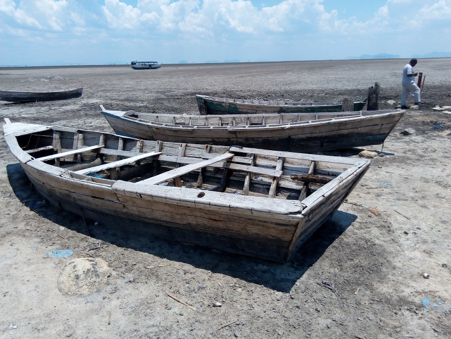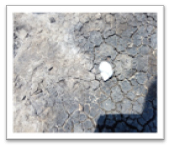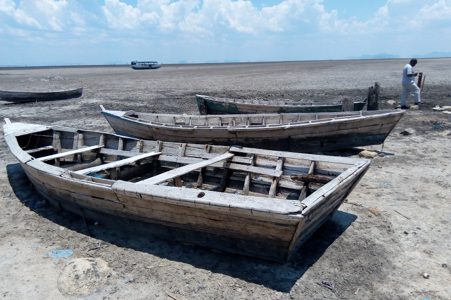
 Management of water and food security in the drylands of Malawi remains a challenge due to limited capacity to manage disasters, risks and uncertainties associated with climate change. Anecdotal information suggests that conflicting policies and the omission of specific information on food and water security in drylands is a root cause. This project will support the security of food and water in the drylands of Malawi through the provision of evidence-based information that can feed into policy amendments to ensure sustainable water and food security in these drylands.
Management of water and food security in the drylands of Malawi remains a challenge due to limited capacity to manage disasters, risks and uncertainties associated with climate change. Anecdotal information suggests that conflicting policies and the omission of specific information on food and water security in drylands is a root cause. This project will support the security of food and water in the drylands of Malawi through the provision of evidence-based information that can feed into policy amendments to ensure sustainable water and food security in these drylands.
The aim of the research is to understand fundamental capacity gaps that contribute to low adaptive capacities and weak resilience among dryland communities. The study sites are Balaka, Ntcheu and Salima Districts. The research will include a review of legal and institutional frameworks, focus group discussions with local leaders, including Village Development Committees (VDC), Area Development Committee (ADC) and lead farmers, informant interviews with policy makers, biophysical assessments and hydrological mapping to generate water profiles and livelihood mapping to assess the conditions of livelihood supporting assets.
Team Members
Prof Sosten Chiotha (LEADSEA, Malawi)
Mr. William Chadza (Centre for Environmental Policy and Advocacy, Malawi)
Dr. Eston Sambo (Chancellor College, Malawi)
Mr.Gibson Mphepo (LEADSEA, Malawi)
Mr. Willie Sagona (Forestry Research Institute, Malawi)
Mr. Patrick Likongwe (LEADSEA, Malawi)
Ms. Eunice Shame (LEADSEA, Malawi)
Prof. Nyovani Madise (AfriDep, Malawi)

